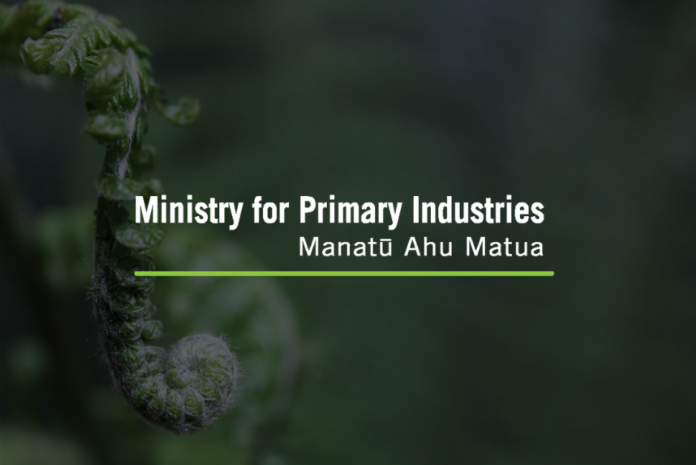Source: Ministry for Primary Industries
A recent government-backed project proved that peanuts can be grown successfully in Northland. Now, additional government funding is making the next step towards commercialisation possible.
The Ministry for Primary Industries (MPI) is contributing nearly $700,000 to a new peanut growing trial through its Sustainable Food and Fibre Futures fund (SFF Futures), with an additional $300,000 in cash and in-kind support from Northland Inc, Picot Productions, Manaaki Whenua – Landcare Research, Plant & Food Research, and local Northland landowners.
“The findings of a 6-month feasibility study we supported through SFF Futures late last year were encouraging,” says Steve Penno, MPI’s director of investment programmes. “This new project will build upon the initial findings to determine whether it’s financially viable to plant, harvest, and process peanuts at scale.”
Northland Inc is taking the lead in the new project, which will run for 2 years.
“The peanuts will be grown at 7 sites in Northland, across both the Kaipara and Far North districts, over the 2-year life of the project,” says Vaughan Cooper, general manager Investment & Infrastructure at Northland Inc.
“We hope for another successful outcome that will provide conclusive evidence that peanuts can be grown and harvested on a larger scale. This will give investors and Northland landowners, growers and farmers the confidence they need to diversify into peanut growing.
“While it’s already clear that returns are possible from peanuts, we also need to factor in the commercial equipment required for harvesting and drying. We’ll be doing extensive economic modelling to determine whether the costs are worthwhile when producing peanuts at scale.”
Steve Penno says the project supports many of the goals set out in Fit for a Better World, the Government’s 10-year roadmap aimed at lifting productivity, sustainability and creating jobs to drive New Zealand’s economic recovery from COVID-19.
“Establishing a peanut industry in Northland would help diversify its regional economy, create employment both on-and-off farm, and support investment opportunities. It will also provide another crop rotation option for local landowners.
“Plus, we could eventually bring a 100% New Zealand grown and manufactured peanut butter to market. That’s an exciting prospect.”



